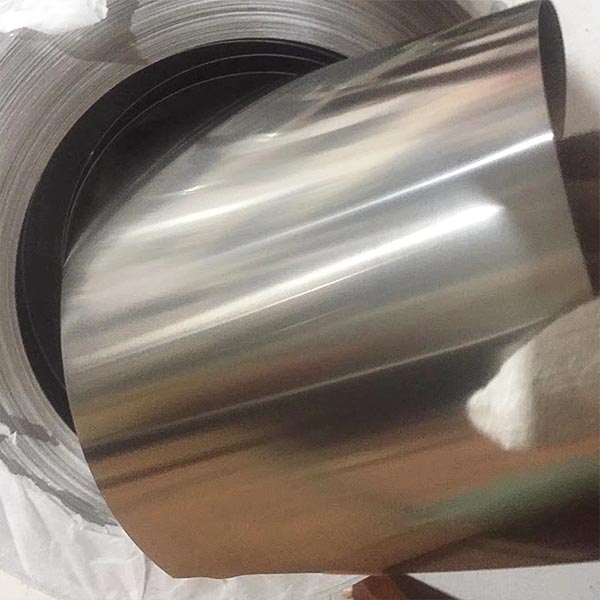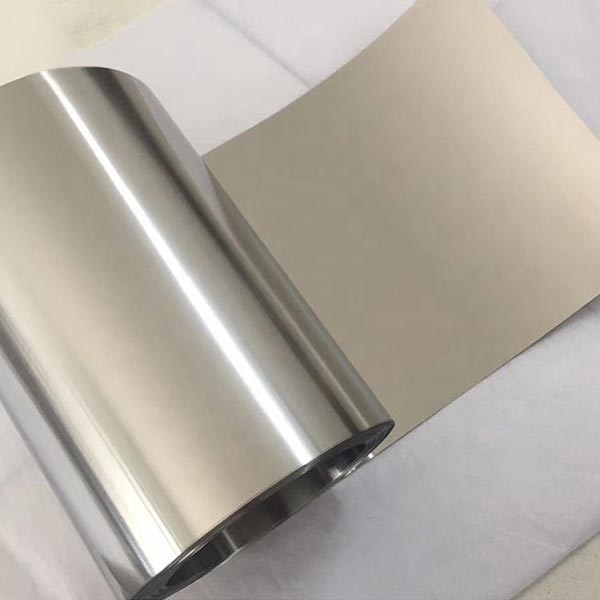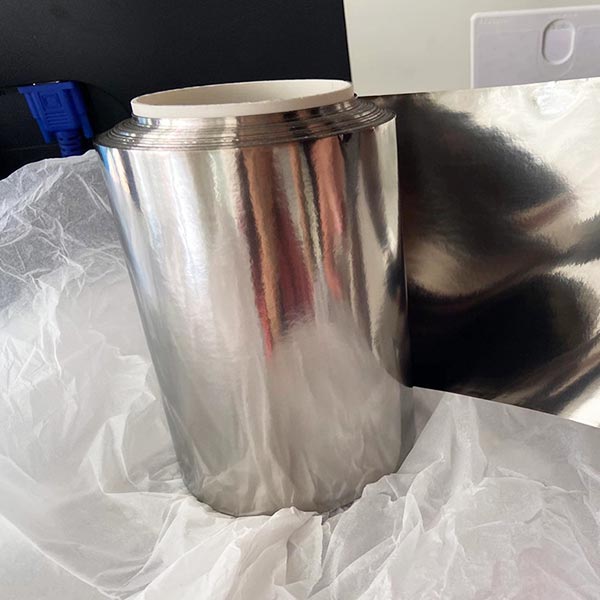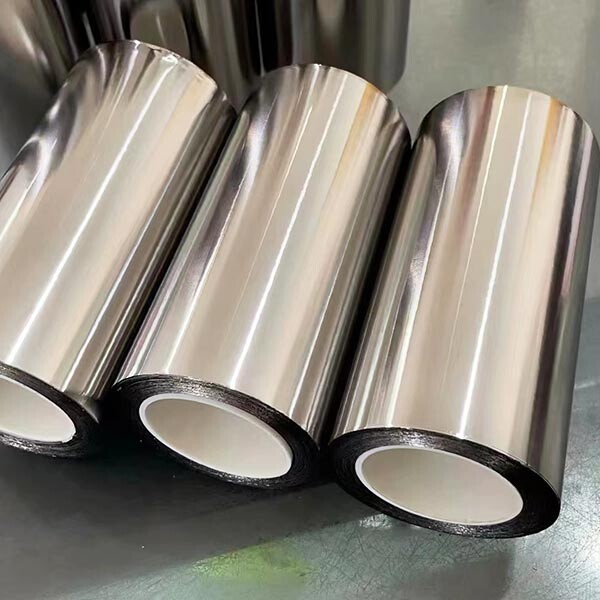Product categories
FILL THE FORM FOR ANY QUESTIONS
Let us know what you need
Overview
Titanium foil is a titanium plate, strip, coil or sheet with a thickness of 0.1mm or less. Another indicator for evaluating the thickness of titanium foil is the weight per unit area, such as g/m or oz/fi, etc. The larger the value, the greater the thickness. The width of titanium foil is cut according to the user's requirements. However, the larger the width during manufacturing, the higher the productivity. The length of the roller body determines the maximum width of the rolled foil. The wider, thinner and harder the rolled piece is, the more difficult it is to roll. The maximum width of rolled titanium foil is about 600mm. Titanium and alloy foils are mainly used in electronics, aerospace, instrumentation and other departments.
PRODUCT FEATURES
Titanium foil is mainly used in aerospace, navigation, nuclear power, electronics, chemicals, petroleum, precision manufacturing, medical and pharmaceutical industries.
Titanium has six major characteristics:
1. High strength: Titanium has a better strength/density ratio than other metals, and can be made of titanium into components with high strength, good rigidity and light weight. Titanium is used in aircraft engines, frames, skins, fasteners and landing gear.
2. Anti-corrosion: Compared with stainless steel, titanium alloy has better corrosion effect in humid air and seawater, and titanium has great resistance to pitting corrosion, acid corrosion and stress corrosion. Titanium resists corrosion from alkali, chloride, chlorinated organic matter, sulfuric acid, nitric acid.
3. High temperature resistance: The application temperature of titanium is higher than that of aluminum alloy. Titanium can work for a long time at 450-500℃. Titanium alloy stil has high strength at a working temperature of 150-500℃. The working temperature of titanium can reach 500℃.
4. Low temperature resistance: When working under low or ultra-low temperature conditions, titanium alloy still has its mechanical properties. Titanium alloy with low temperature resistance and extremely low gap still has good ductility, so titanium alloy is a good low temperature structural material.
5. Environmentally friendly metal: The thermal conductivity of titanium is lower than that of carbon steel or copper, but titanium has very good corrosion resistance, so the thickness of titanium can be greatly reduced, and the heat exchange mode is drop-by-drop condensation between titanium and steam. This mode reduces the heat transfer resistance, and there is no scaling on the titanium surface, which makes the thermal conductivity of titanium better.
6. Good thermal conductivity: Titanium is a non-magnetic metal and cannot be magnetized in a large magnetic field. Titanium is also non-toxic and compatible with blood, so it is used in the medical field.
Materials & Certificates
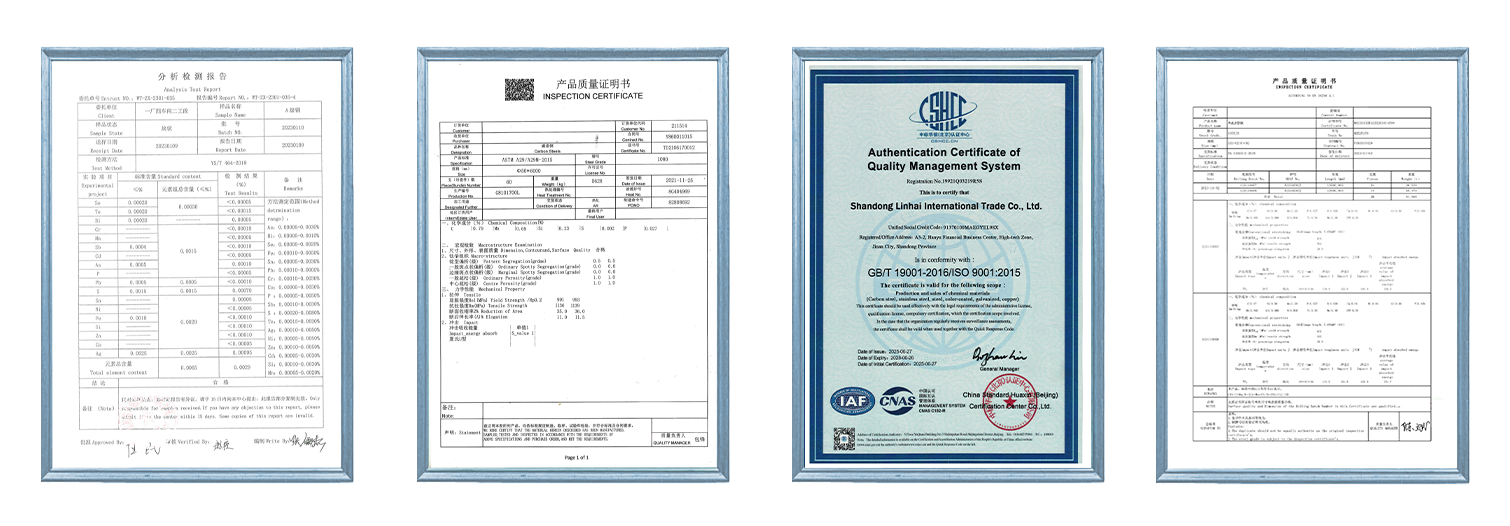
Factory & Shipping
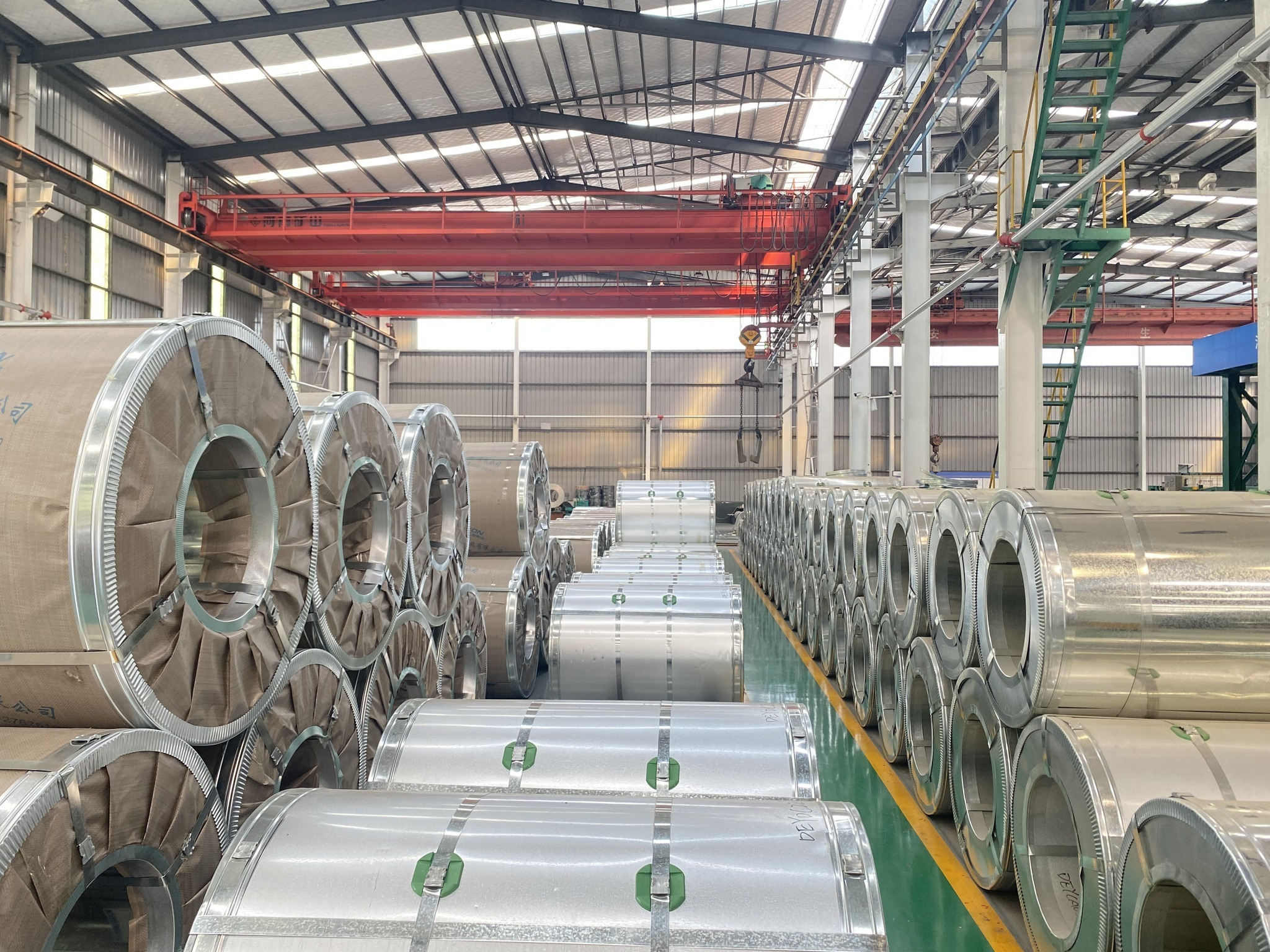
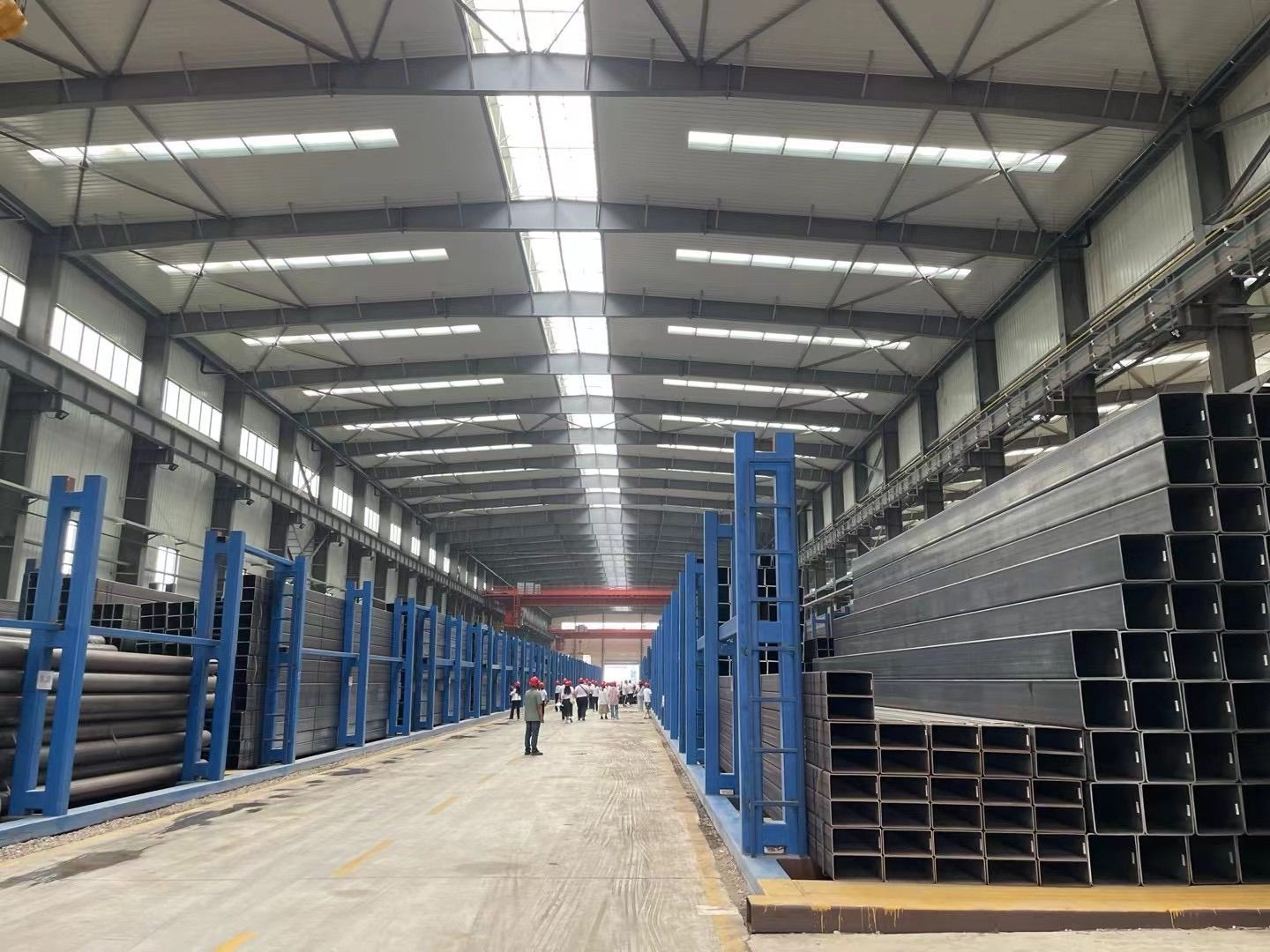
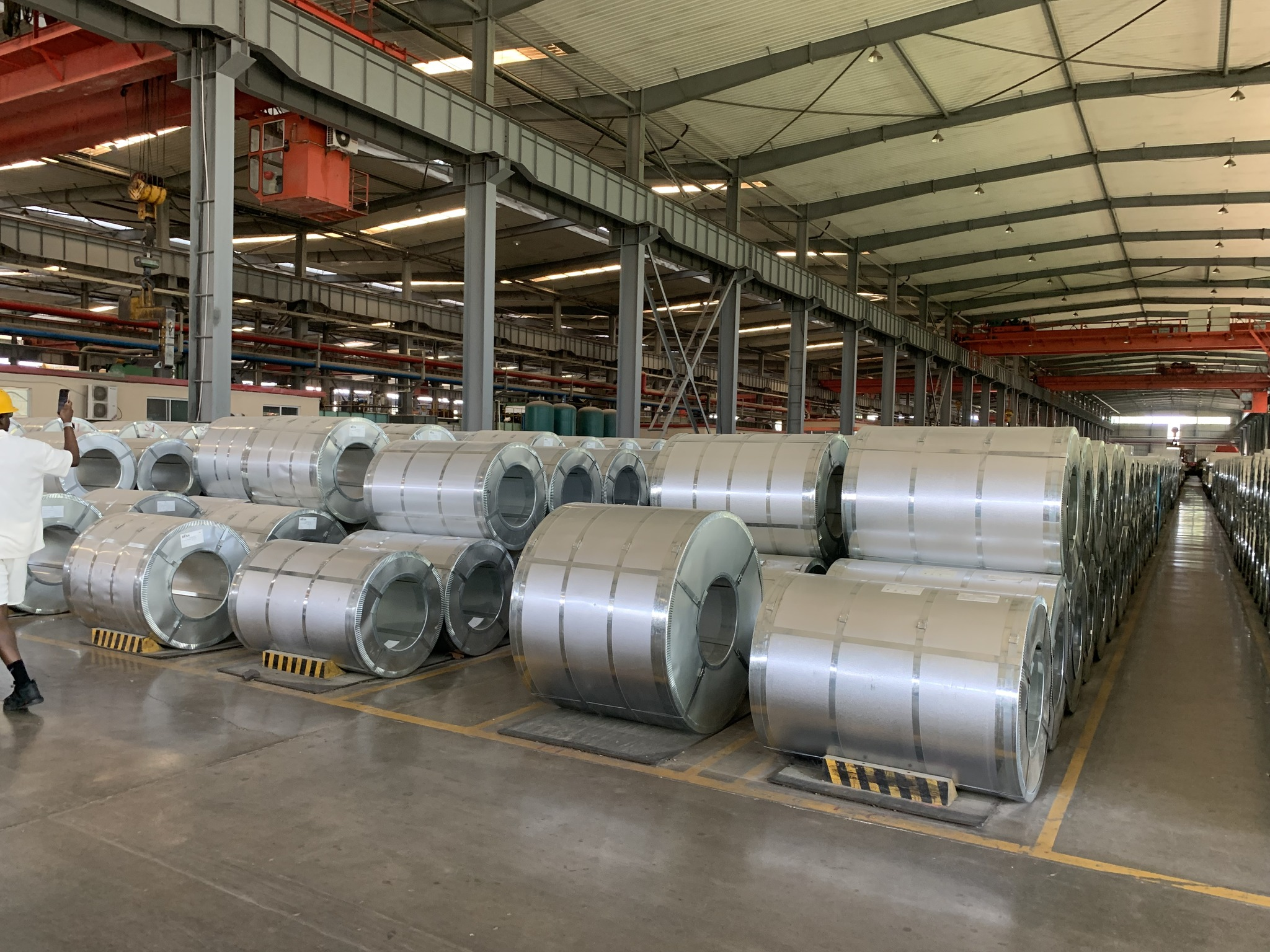
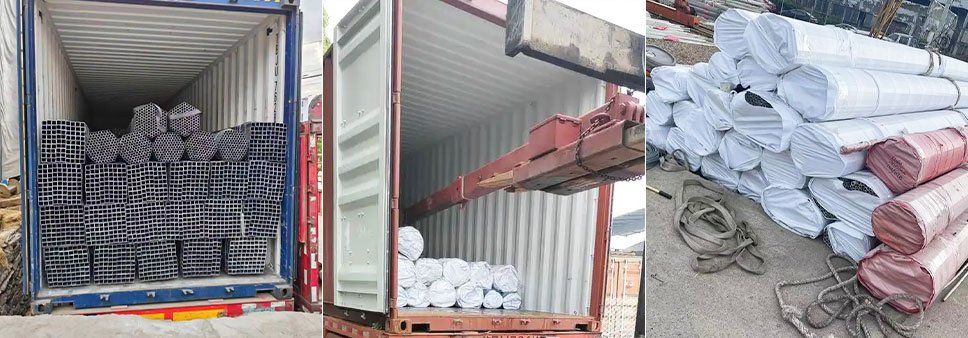
Customer factory inspection
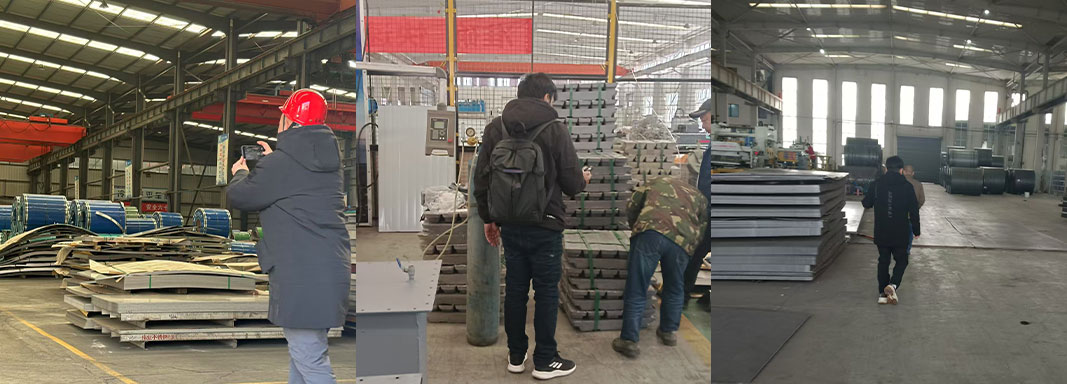
Company Introduction
Shandong Linhai International Trade Co., Ltd. is a professional supplier of steel and metal raw materials. Its main products include carbon steel, copper, stainless steel, profiles, and rare materials, which are used in construction, home appliances, aerospace, and other fields. The company is committed to providing the most reliable and satisfactory products to customers worldwide.
Leveraging its strong supply chain network, solid expertise, and reliable service, Linhai International Trade Co., Ltd. has become a leading steel supplier for numerous clients in countries and regions including the Middle East, South America, and Southeast Asia.
Adhering to the principle of "product quality is the foundation of survival, and service quality is the bridge to success," the company provides customers with high-quality service and satisfactory products, always prioritizing customer needs.
Inquiry
To learn more about this product, you can submit your requirements here
Related Products
Can't find what you're looking for ?
Leave a Message we will call you back quickly!
Need Help?
We are always here to help
If you are interested in our company and our products, you can also communicate with us by submitting a request form, sending an email, calling us, etc.! We will reply within 24 hours
By clicking 'Allow All', you agree to the storage of cookies on your device to enhance site navigation, analyze site usage and assist with our marketing efforts. Coo Cookie Notice
CONTACT
US NOW!

